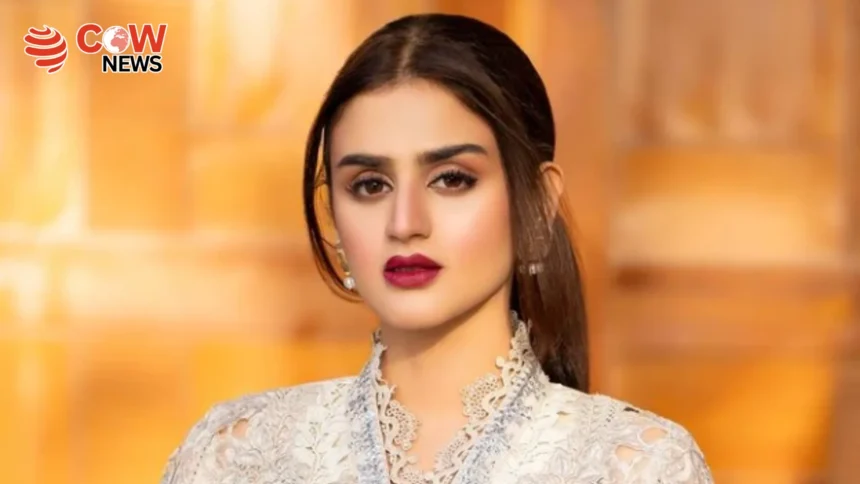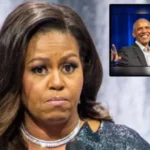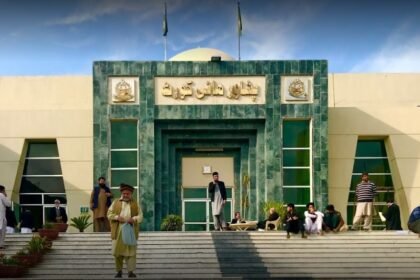Karachi(The Cow News Digital) Popular Pakistani actress Hira Mani has once again become the center of social media controversy after sharing photos of herself wearing a sleeveless saree, sparking sharp criticism from many users.
The images, featuring Hira in a blue and pink Banarasi saree paired with a short blouse, went viral, with mixed reactions pouring in from her fans and critics alike. While some admired her overall look, a significant portion of social media users expressed displeasure, arguing that her attire was inappropriate given her cultural and religious background.
Critics were quick to condemn the actress, reminding her of her Muslim faith and cultural values. One user angrily commented, “How can she display herself like this when she follows Islam? She should feel ashamed.” Another sarcastically remarked, “Hira only knows how to be bold, nothing else.”
Some fans also expressed disappointment, saying they once admired Hira but now feel let down. “I was a fan, but my heart is broken. Respect has to be earned, not destroyed like this,” wrote one user.
Despite the strong backlash, Hira Mani has not responded to the criticism and seems unfazed by the negative comments. Known for ignoring social media trolls, she continues to post freely without engaging in public disputes.
This is not the first time Hira Mani has attracted controversy over her fashion choices or outspoken behavior. Her style and statements frequently stir debate, making her a polarizing figure in the entertainment industry.
Supporters argue that fashion is a personal choice and that Hira has the right to express herself through her attire. They claim that social media criticism often crosses the line into unnecessary judgment and harassment.
Nonetheless, this incident once again highlights the ongoing cultural debate in Pakistan around modern fashion versus traditional values, especially for public figures like Hira Mani.
As the conversation continues online, Hira’s latest photos have sparked a wider discussion on freedom of expression, religious identity, and societal expectations in Pakistan’s evolving entertainment landscape.







